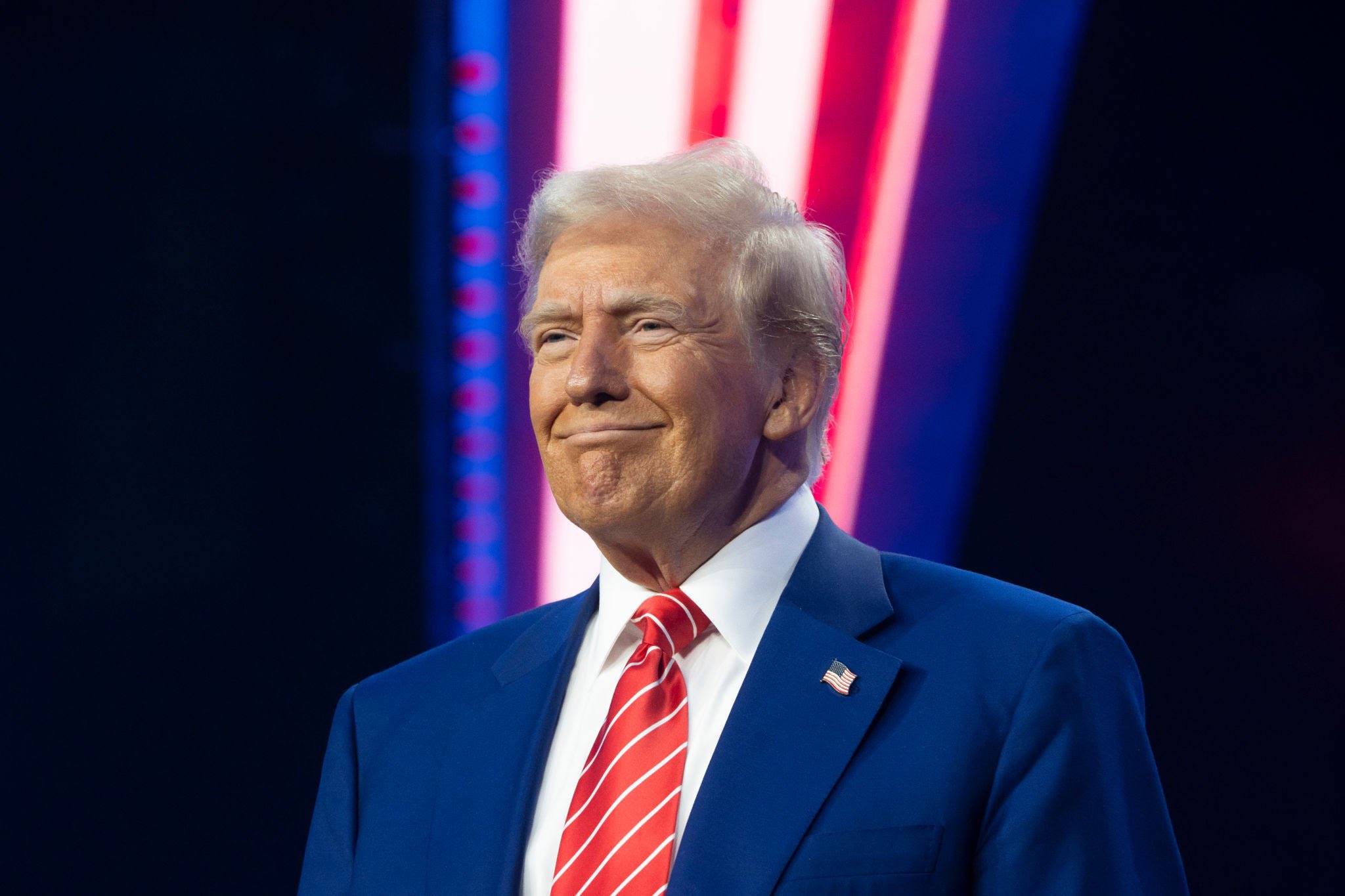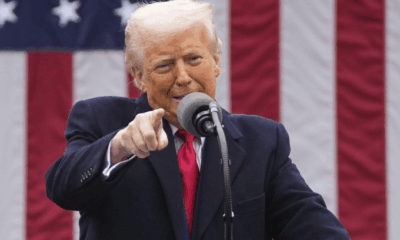News
Trump’s 2025 Deportation Wave Raises Global Alarm on Human Rights

Just over 100 days into Donald Trump’s second term as U.S. president, his administration has already deported more than 142,000 people, invoking a controversial 18th-century law to do so. For many, these aggressive immigration actions signal not just a shift in policy—but a betrayal of American ideals.
Trump’s revival of the 1798 Alien Enemies Act, originally passed during the Quasi-War with France, allows the president to detain or deport individuals from countries deemed “enemies”—even without a declared war. In today’s context, critics argue that this outdated law is being weaponized to justify mass deportations based on nationality, bypassing due process and targeting vulnerable migrant communities, particularly Venezuelans.
Detained, Deported, Disappeared
Perhaps most alarming are reports that over 100 Venezuelan detainees have been secretly transferred to Cecot, a high-security prison in El Salvador. Their families say they’ve had no communication since, and there has been no official list of names published by U.S. or Salvadoran authorities. These individuals are reportedly treated as terrorists or violent criminals—without court rulings, without legal representation, and without clarity on their legal status.
This situation raises serious legal and ethical concerns. Third-country detentions—when deportees are sent to countries they are not citizens of—create accountability gaps and increase the risk of human rights abuses. Lawyers and advocates argue that such transfers strip individuals of their right to contest deportation, often in complete secrecy.
A Dangerous Precedent
Trump’s actions are cloaked in nationalist rhetoric about protecting American jobs and values, but critics say these policies dangerously blur the lines between national security and racial profiling. Using laws designed for wartime threats to expel non-citizens in peacetime not only bends constitutional norms—it erodes the very freedoms the U.S. claims to uphold.
The broader implication? America’s moral authority on the world stage is taking a hit. The U.S. has long branded itself as a beacon of democracy and human rights, but the lack of transparency, the denial of legal counsel, and the inhumane detentions cast doubt on that narrative. As one observer put it: “How can a country built by immigrants now lead a crusade against them?”
Where Is the Global Outrage?
With little media coverage and few public protests, it’s worth asking: Where is the world’s response? For many, the silence is deafening. Western nations, often quick to condemn human rights abuses abroad, have remained largely quiet as Trump’s America takes increasingly extreme steps to criminalize migration.
These events not only affect the deportees, but also damage America’s credibility. Latin American relationships, already strained, could deteriorate further. As Trump’s deportation machine accelerates, the contrast between political slogans like “Make America Great Again” and the real-life trauma of forced removals becomes more painfully obvious.
Human Rights Aren’t Optional
The issue at hand is larger than immigration policy—it’s about the soul of American democracy. Can a nation still claim to be the “leader of the free world” while denying due process, splitting families, and labeling migrants as enemies?
If the international community believes in universal human rights, then silence is not an option. The time to speak up is now—because if freedom and dignity are only offered to some, then they’re not really freedom at all.
{Source: IOL}
Follow Joburg ETC on Facebook, Twitter , TikTok and Instagram
For more News in Johannesburg, visit joburgetc.com



























